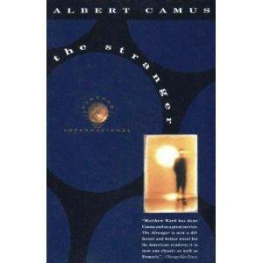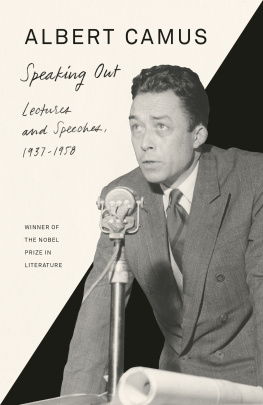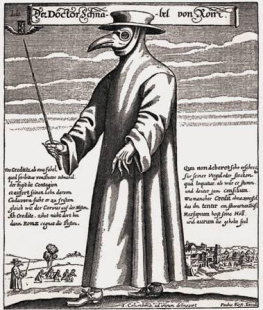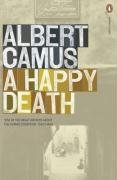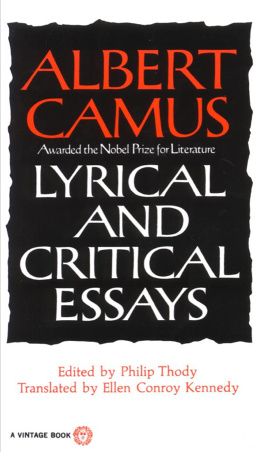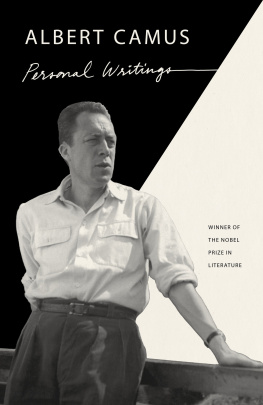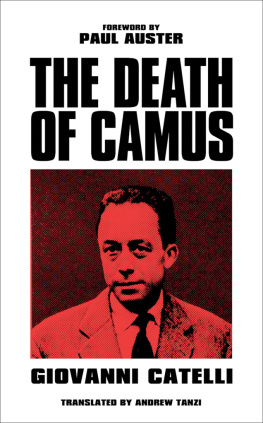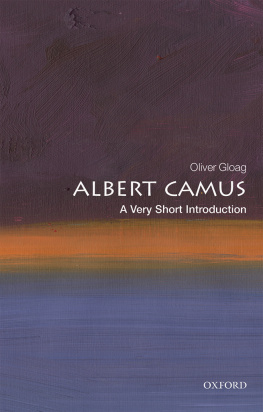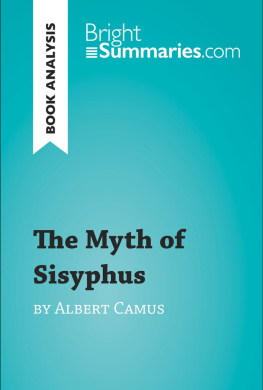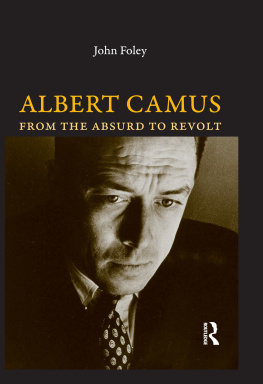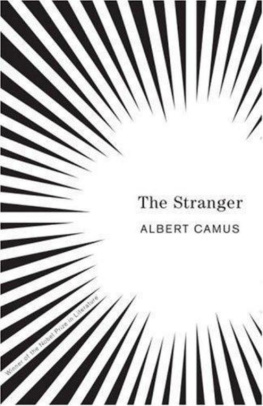Albert Camus - The stranger
Here you can read online Albert Camus - The stranger full text of the book (entire story) in english for free. Download pdf and epub, get meaning, cover and reviews about this ebook. year: 1989, publisher: Vintage International, genre: Detective and thriller. Description of the work, (preface) as well as reviews are available. Best literature library LitArk.com created for fans of good reading and offers a wide selection of genres:
Romance novel
Science fiction
Adventure
Detective
Science
History
Home and family
Prose
Art
Politics
Computer
Non-fiction
Religion
Business
Children
Humor
Choose a favorite category and find really read worthwhile books. Enjoy immersion in the world of imagination, feel the emotions of the characters or learn something new for yourself, make an fascinating discovery.
- Book:The stranger
- Author:
- Publisher:Vintage International
- Genre:
- Year:1989
- Rating:4 / 5
- Favourites:Add to favourites
- Your mark:
- 80
- 1
- 2
- 3
- 4
- 5
The stranger: summary, description and annotation
We offer to read an annotation, description, summary or preface (depends on what the author of the book "The stranger" wrote himself). If you haven't found the necessary information about the book — write in the comments, we will try to find it.
The stranger — read online for free the complete book (whole text) full work
Below is the text of the book, divided by pages. System saving the place of the last page read, allows you to conveniently read the book "The stranger" online for free, without having to search again every time where you left off. Put a bookmark, and you can go to the page where you finished reading at any time.
Font size:
Interval:
Bookmark:
ALBERT CAMUS was born in Mondovi, Algeria, in 1913. After winning a degree in philosophy, he worked at various jobs, ending up in journalism. In the thirties he ran a theatrical company, and during the war was active in the French Resistance, editing an important underground paper, Combat. Among his major works are four widely praised works of fiction, The Stranger (1946), The Plague (1948), The Fall (1957), and Exile and the Kingdom (1958); a volume of plays, Caligula and Three Other Plays (1958); and two books of philosophical essays, The Rebel (1954) and The Myth of Sisyphus (1955), both of which are available in the Vintage series. Albert Camus was awarded the Nobel Prize for Literature in 1957. He was killed in an automobile accident on January 4, 1960.
THIS BOOK was set on the Linotype in Janson, an excellent example o f the influential and sturdy Dutch types that prevailed in England prior to the development by William Caslon of his own designs, which he evolved from these Dutch faces. Of Janson himself little is known except that he was a practicing type-founder in Leipzig during the years 1660 to 1687. Printed and bound by THE COLONIAL PRESS INC., Clinton, Massachusetts. Cover design by LEO LIONNI.
VINTAGE BOOKS
are published by Alfred A. Knopf, Inc.
and Random House, Inc.
Copyright 1942 by Librairie Gallimard as LTRANGER
Copyright 1946 by ALFRED A. KNOPF, INC. All rights reserved. No part of this book may be reproduced in any form without permission in writing from the publisher, except by a reviewer who may quote brief passages in a review to be printed in a magazine or newspaper. Manufactured in the United States of America . Distributed in Canada by Random House of Canada Limited, Toronto .
THE
Stranger
By ALBERT CAMUS
Translated from the French
by Stuart Gilbert

VINTAGE BOOKS
A Division of Random House
NEW YORK
I HAD a busy morning in the office. My employer was in a good humor. He even inquired if I wasnt too tired, and followed it up by asking what Mothers age was. I thought a bit, then answered, Round about sixty, as I didnt want to make a blunder. At which he looked relievedwhy, I cant imagineand seemed to think that closed the matter.
There was a pile of bills of lading waiting on my desk, and I had to go through them all. Before leaving for lunch I washed my hands. I always enjoyed doing this at midday. In the evening it was less pleasant, as the roller towel, after being used by so many people, was sopping wet. I once brought this to my employers notice. It was regrettable, he agreedbut, to his mind, a mere detail. I left the office building a little later than usual, at half-past twelve, with Emmanuel, who works in the Forwarding Department. Our building overlooks the sea, and we paused for a moment on the steps to look at the shipping in the. harbor . The sun was scorching hot. Just then a big truck came up, with a din of chains and backfires from the engine, and Emmanuel suggested we should try to jump it. I started to run. The truck was well away, and we had to chase it for quite a distance. What with the heat and the noise from the engine, I felt half dazed. All I was conscious of was our mad rush along the water front, amongst cranes and winches, with dark hulls of ships alongside and masts swaying in the offing. I was the first to catch up with the truck. I took a flying jump, landed safely, and helped Emmanuel to scramble in beside me. We were both of us out of breath, and the bumps of the truck on the roughly laid cobbles made things worse. Emmanuel chuckled, and panted in my ear, Weve made it!
By the time we reached Clestes restaurant we were dripping with sweat. Cleste was at his usual place beside the entrance, with his apron bulging on his paunch, his white mustache well to the fore. When he saw me he was sympathetic and hoped I wasnt feeling too badly. I said, No, but I was extremely hungry. I ate very quickly and had some coffee to finish up. Then I went to my place and took a short nap, as Id drunk a glass of wine too many.
When I woke I smoked a cigarette before getting off my bed. I was a bit late and had to run for the streetcar. The office was stifling, and I was kept hard at it all the afternoon. So it came as a relief when we closed down and I was strolling slowly along the wharves in the coolness. The sky was green, and it was pleasant to be out-of-doors after the stuffy office. However, I went straight home, as I had to put some potatoes on to boil.
The hall was dark and, when I was starting up the stairs, I almost bumped into old Salamano, who lived on the same floor as I. As usual, he had his dog with him. For eight years the two had been inseparable. Salamanos spaniel is an ugly brute, afflicted with some skin diseasemange, I suspect; anyhow, it has lost all its hair and its body is covered with brown scabs. Perhaps through living in one small room, cooped up with his dog, Salamano has come to resemble it. His towy hair has gone very thin, and he has reddish blotches on his face. And the dog has developed something of its masters queer hunched-up gait; it always has its muzzle stretched far forward and its nose to the ground. But, oddly enough, though so much alike, they detest each other.
Twice a day, at eleven and six, the old fellow takes his dog for a walk, and for eight years that walk has never varied. You can see them in the rue de Lyon, the dog pulling his master along as hard as he can, till finally the old chap misses a step and nearly falls. Then he beats his dog and calls it names. The dog cowers and lags behind, and its his masters turn to drag him along. Presently the dog forgets, starts tugging at the leash again, gets another hiding and more abuse. Then they halt on the pavement, the pair of them, and glare at each other; the dog with terror and the man with hatred in his eyes. Every time theyre out, this happens. When the dog wants to stop at a lamppost, the old boy wont let him, and drags him on, and the wretched spaniel leaves behind him a trail of little drops. But, if he does it in the room, it means another hiding.
Its been going on like this for eight years, and Cleste always says its a crying shame, and something should be done about it; but really one cant be sure. When I met him in the hall, Salamano was bawling at his dog, calling him a bastard, a lousy mongrel, and so forth, and the dog was whining. I said, Good evening, but the old fellow took no notice and went on cursing. So I thought Id ask him what the dog had done. Again, he didnt answer, but went on shouting, You bloody cur! and the rest of it. I couldnt see very clearly, but he seemed to be fixing something on the dogs collar. I raised my voice a little. Without looking round, he mumbled in a sort of suppressed fury: Hes always in the way, blast him! Then he started up the stairs, but the dog tried to resist and flattened itself out on the floor, so he had to haul it up on the leash, step by step.
Just then another man who lives on my floor came in from the street. The general idea hereabouts is that hes a pimp. But if you ask him what his job is, he says hes a warehouseman. One things sure: he isnt popular in our street. Still, he often has a word for me, and drops in sometimes for a short talk in my room, because I listen to him. As a matter of fact, I find what he says quite interesting. So, really Ive no reason for freezing him off. His name is Sints; Raymond Sints. Hes short and thick-set, has a nose like a boxers, and always dresses very sprucely. He, too, once said to me, referring to Salamano, that it was a damned shame, and asked me if I wasnt disgusted by the way the old man served his dog. I answered: No.
Font size:
Interval:
Bookmark:
Similar books «The stranger»
Look at similar books to The stranger. We have selected literature similar in name and meaning in the hope of providing readers with more options to find new, interesting, not yet read works.
Discussion, reviews of the book The stranger and just readers' own opinions. Leave your comments, write what you think about the work, its meaning or the main characters. Specify what exactly you liked and what you didn't like, and why you think so.

